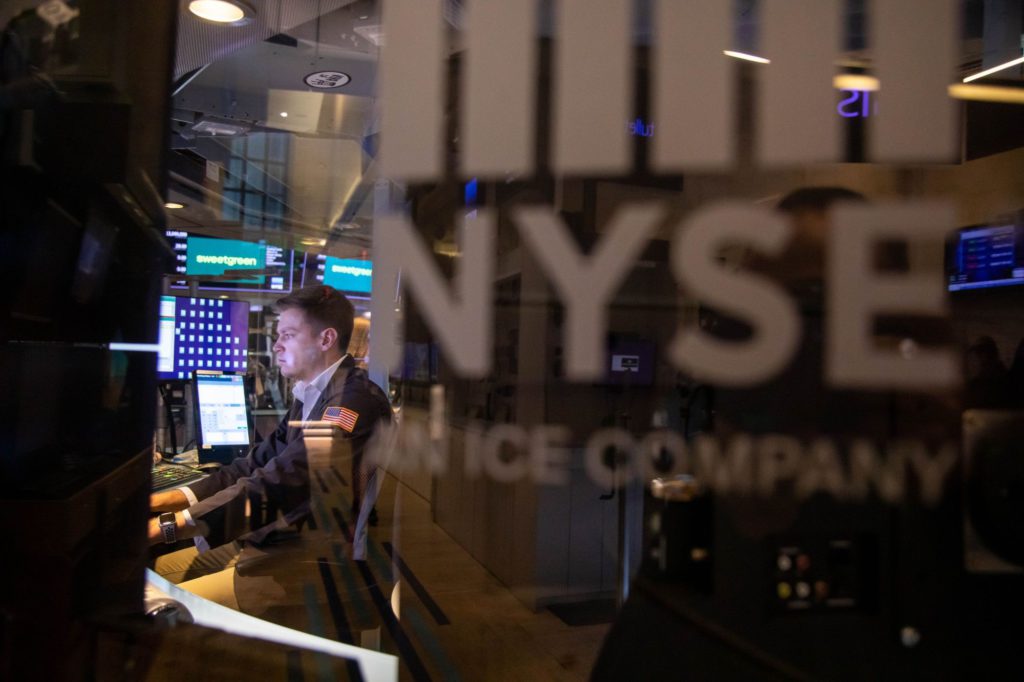(Bloomberg) — Stock market investors are naturally focused on omicron, which is spreading like wildfire in much of the U.S. But they should also keep an eye on geopolitics too, as it could prove to be a major risk in 2022.
Going back to 2018, the start of the trade war between the U.S. and China, stocks with Chinese sales exposure underperformed the broader market, moving on developments in negotiations between the countries. That changed in March 2020 with the onset of the pandemic, when those very underperfomers beat the S&P 500 despite the ~20% tariffs that remained on both sides. The trend declined slightly in 2021, but still illustrated how investors were far more fixated on the pandemic than trade.
Geopolitics is playing a role in supply chain concerns and logjams in shipping ports, many of which are located on the coasts of the world’s two largest economies. Port closures as a function of China’s zero-Covid policy have created hiccups for companies whose supply chains depend on the region. So U.S. companies have ramped up efforts to move production capacity in-house or at least closer to the consumer. And it’s also yielding a new production mentality: A shorter chain is a stronger chain.
Beyond the movement of goods, concerns about U.S-China relations persist, not just between the governments but on the corporate level as well. Look at telecommunication giants AT&T Inc. and Verizon Communications Inc. In response to a U.S. government request to delay the rollout of the 5G network to prevent interference with aircraft electronics, the companies cited their race with China as a reason to continue the project. In other words, geopolitical tensions remain a driver of corporate activity, even if they don’t show up in the market — yet.
More stories like this are available on bloomberg.com
©2022 Bloomberg L.P.



